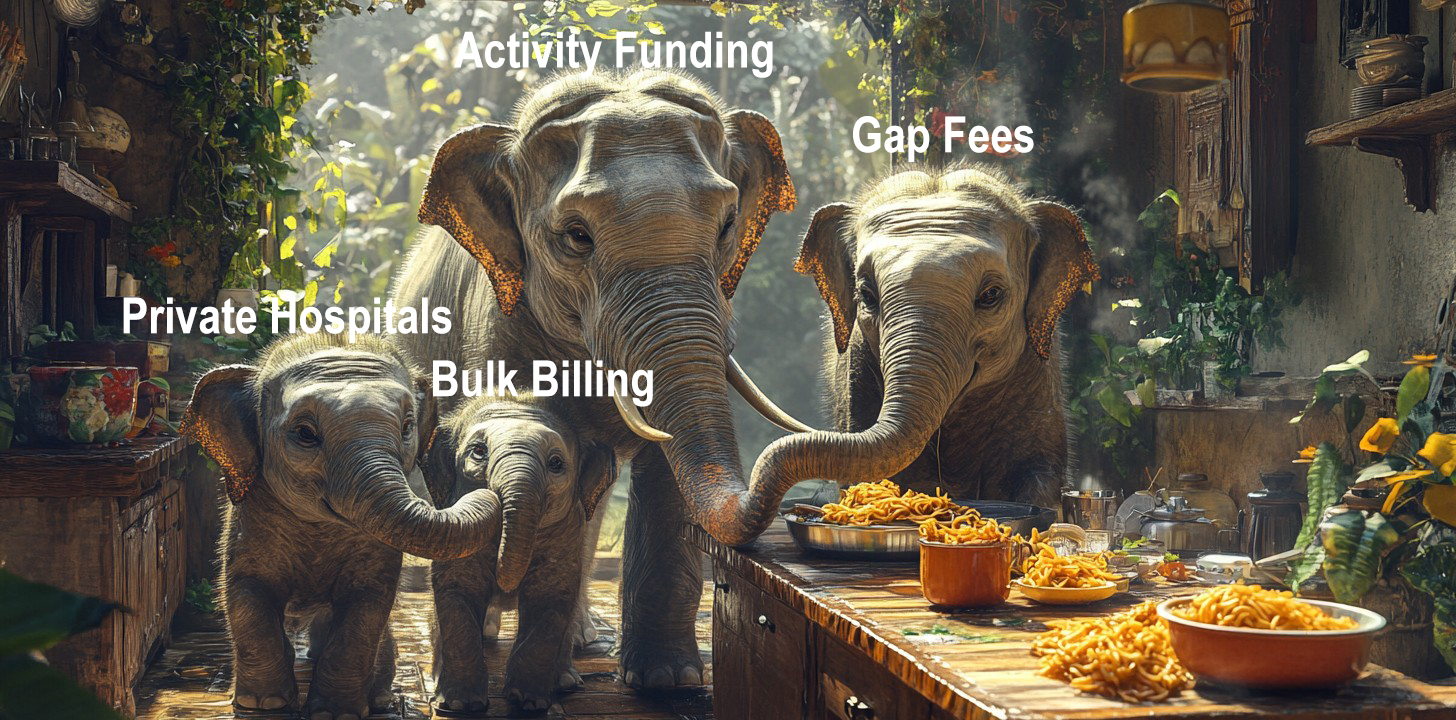A secondary consultation pathway would allow GPs to seek written advice from hospital-based specialists before referring.
While the AMA says some of the recommendations of the new Grattan Institute report into non-GP specialist fees go too far, the Royal Australasian College of Physicians (RACP) has welcomed some of the ideas put forward.
Released on Sunday, Special treatment: Improving Australians’ access to specialist care put forward a range of proposed reforms to make non-GP specialist care more financially accessible to patients.
Some of the more headline-grabbing recommendations included combatting extreme fees by requiring non-GP specialists who charge more than triple the MBS fee to repay their Medicare rebates at the end of each financial year and be publicly named on an extreme fee register.
The specialties with the highest proportion of doctors who charged more than triple the schedule fee were dermatology, sport and exercise medicine and obstetrics and gynaecology.
The specialties where extreme-fee-charging doctors charged the highest out-of-pocket per consultation were psychiatry, endocrinology and cardiology.
AMA president Dr Danielle McMullen said the association supported greater fee transparency but stopped short of welcoming the idea of forced rebate repayments.
“For specialist care delivered in private hospitals, it is important to remember that 97.2 per cent of services for privately insured patients are delivered under known or no-gap arrangements,” Dr McMullen said.
Related
“However, the report goes too far in suggesting the government should deny patients access to their Medicare rebate simply because of their choice of specialist.”
In her response to the Grattan report, RACP president Professor Jennifer Martin did not explicitly address the prospect of physicians having to repay Medicare, but called high costs a “complex issue”.
“We have to address the interconnecting issues that impact specialist costs – particularly improving workforce planning and public clinic access to make sure there are more specialists available to everyone, no matter their postcode,” she said.
“The high costs are a symptom of an unhealthy system that needs greater investment in specialist care.”
One of the recommendations which has received less airtime was to set up a system whereby GPs could seek timely written advice from hospital specialists.
The non-GP specialists would be funded by the state hospital system for their time, while GPs would be incentivised to use the system via federal funding.
According to the Grattan’s modelling, this system could prevent around 68,000 referrals to non-GP specialists each year.
Professor Martin said the RACP was a “strong supporter of collaborative care models with GPs and other health professionals to ensure support for primary care and timely access to specialist advice”.
RACGP funding and health system reform committee chair Dr Rashmi Sharma told NewsGP on Monday that measures to support GPs to manage more care and reduce referrals would be welcome, so long as GPs were appropriately remunerated.





